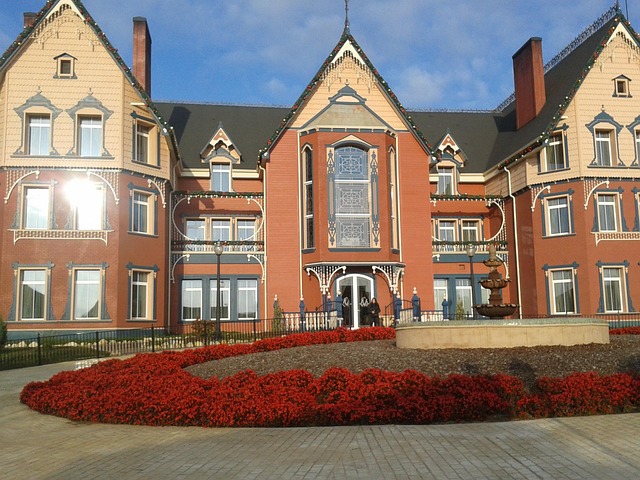Can the Turkish model challenge the tech giants?

By Thierry DIME – International Leader
Turkey, long perceived as a giant workshop for the European textile and automotive industry, now aspires to rise to the rank of an essential technological hub at the crossroads of Europe, Asia, and the Middle East. Driven by a thriving entrepreneurial ecosystem and unwavering political will, this ambition to become the technological hub between Europe, Asia, and the Middle East is taking concrete shape. The vitality of local startups, the influx of capital, and the resounding successes of its unicorns are outlining the contours of a new economic chapter for the country. This transformation raises fascinating prospects: how will the synergy between local talent, state strategy, and international partnerships accelerate this rise? How does this unique positioning open up unprecedented opportunities for companies seeking to establish themselves in the region?
Can Turkey be a hub for global innovation?
The synergy between stakeholders is precisely the catalyst for Turkey’s ascent. On one side, the Turkish state is deploying a proactive strategy, materialized through massive investments in R&D and the creation of dedicated technology zones such as Teknopark Istanbul, which benefit from attractive tax exemptions.
On the other side, a reservoir of talent, trained at internationally ranked universities and bolstered by a digitally native youth, fuels a dynamic entrepreneurial fabric. This alchemy materializes in an ecosystem that has given birth to gems like Getir or Hepsiburada, demonstrating a unique capacity to develop scalable models. Compared to other emerging ecosystems, Turkey’s advantage lies in this ability to combine the agility and innovation of a startup nation with the structural support of an established industrial power, creating far more fertile ground than that of many countries. This dynamic is now amplified by an influx of international capital that validates the model’s attractiveness. Sovereign wealth funds from the Gulf, particularly from Abu Dhabi and Qatar, are investing massively in Turkish unicorns, seeing Turkey as a strategic growth relay and a bridge to European markets.
This financial windfall, coupled with growing interest from international venture capital funds, provides not only crucial resources for growth but also global expertise and distribution networks. This openness constitutes a pragmatic response to the question of compatibility with the global economy: far from retreating into technological nationalism, Turkey demonstrates its ability to successfully integrate into global value chains, attracting top-tier partners who see it as much more than an emerging market, but as a full-fledged partner. Finally, Turkey’s unique positioning opens up a spectrum of opportunities. For an investor or business leader, the country offers a triple promise: that of a test market of 85 million consumers with voracious digital appetites; that of a production and innovation platform at competitive cost; and that of a gateway to European Union countries via the customs union. This hub value, both geographical and economic, is unmatched in the region. It allows companies to calibrate their approach, using Turkey as a laboratory for products and services intended for a much larger consumer base, while benefiting from a mature and growing innovation ecosystem.








